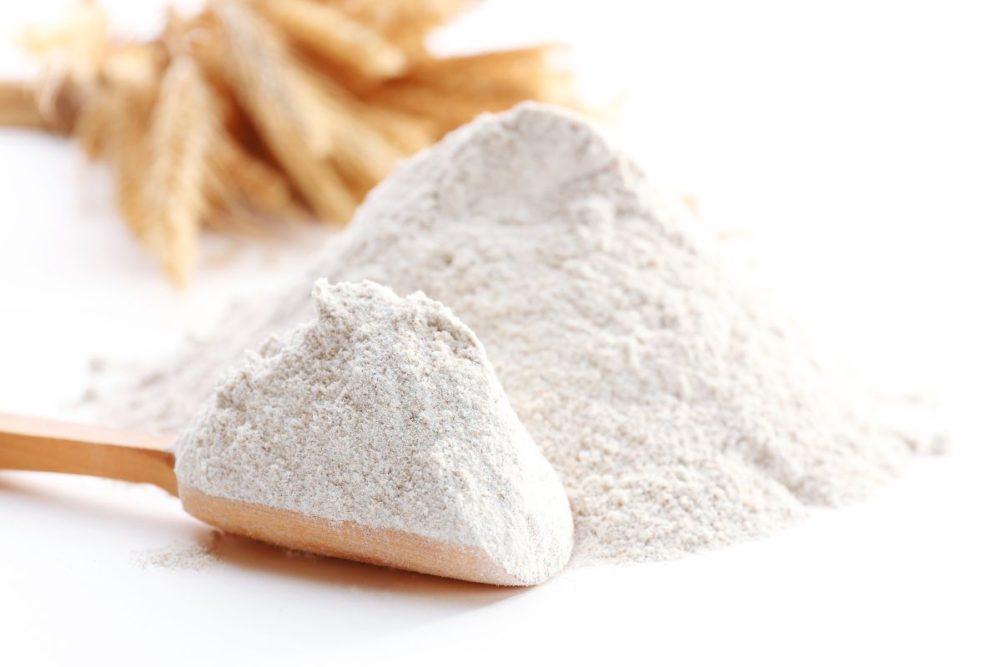JEDDAH, SAUDI ARABIA — First Milling Company (First Mills), a Saudi milling company producing flour, animal feed, bran and wheat derivatives, saw net profit increase 13% in the first half of 2024, in part due to effective cost management.
Net profit was SAR 123.2 million ($32.8 million) for the first six months and SAR 45.5 million ($12.1 million) for the second quarter, an increase of 30% from a year ago.
First Mills attributed the quarterly jump to an increase in small pack products due to the strengthening of the company’s distribution network and expansion into new geographic areas.
“We are pleased to report positive second quarter and first half of 2024 results, marking the successful first anniversary of our listing on the Saudi Exchange,” said Abdullah Ababtain, chief executive officer of First Mills. “Our strong financial performance underscores our ability to drive revenue growth and profitability, particularly through the strategic expansion of our flour and feed sales. This achievement is a testament to our commitment to optimizing our operations, expanding our product portfolio, and diversifying our product mix.”
Revenue increased 10.5% year-over-year in the first half of the year to SAR 518.5 million ($138.2 million). This was driven primarily by a 31% increase in feed sales, attributed to favorable market conditions and the introduction of a new product range in the feed segment.
Despite a 6% decline in bran sales due to strategic prioritization of feed production, flour sales grew by 7.3%, particularly boosted by the Aloula “small-pack” products, enabling First Mills to capture a larger share of the competitive retail market. The positive sales momentum was further supported by the capacity enhancements at the Jeddah plant and increased demand during the busy Ramadan season.
First Mills has continued to enhance its production capabilities with the completion of Mill C and the upgrade starting of Mill A in the Jeddah plant.
“We remain focused on executing our strategic roadmap, which includes diversifying our product offerings, expanding our geographic reach, and delivering sustainable value to our shareholders,” Ababtain said.
In the current period, the company registered an installed wheat milling capacity utilization of 88%, an increase from 84% recorded during the same period a year ago.
Flour sales contributed 54.5% of revenue in the second quarter, down from nearly 58% in 2023. Bran sales’ contribution to revenue decreased to 17.8% from 19.1%.
Meanwhile, feed sales saw a significant increase, contributing 28% of revenue compared to 23% in 2023, marking a 20% growth.



